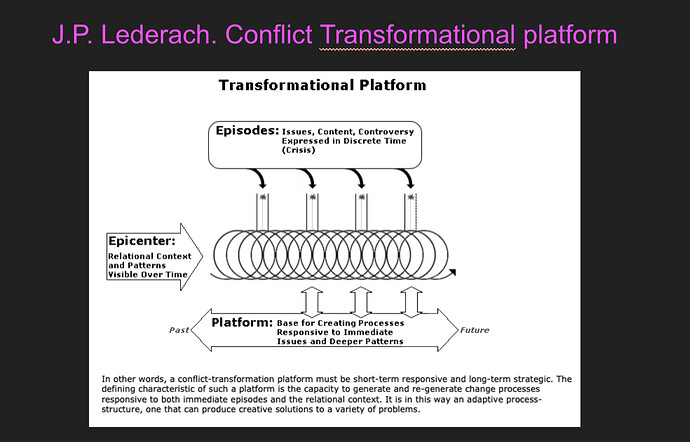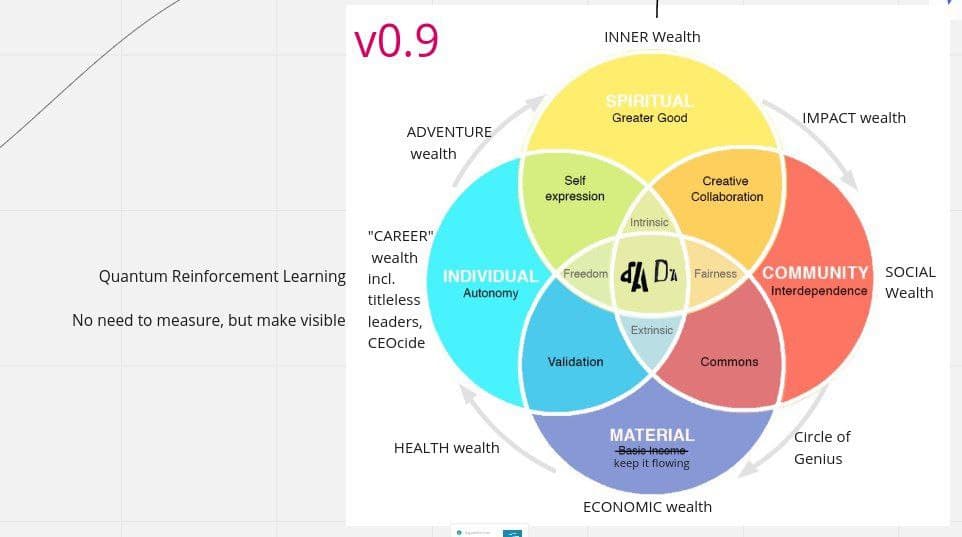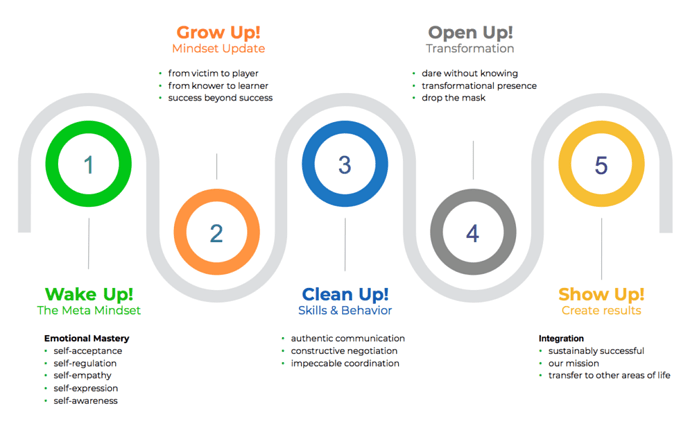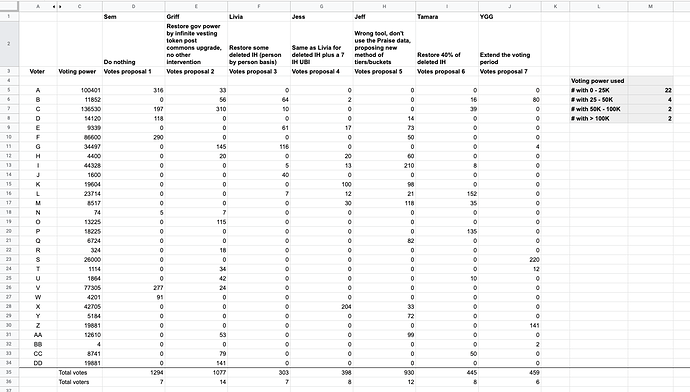I wish that we had a few people who would read Alfie Kohn’s book called “Punished By Rewards”. Summary: Kohn - Outline of notes from Punished by Rewards
I feel like I barely do anything in this community but try to bring awareness to personal development, interpersonal relationships and organizational development; but I have a lot of praise and impact hours.
It’s flattering, but not granular. I like Sebnem’s Dada group’s Ikigai on this:
“Visible, but not measured”
Which recognizes the aspects of the flow of feeling and praise for a specific set of needs being met, rather than a flatland idea of “praise” by itself.
Also, it seems to me that it’s not particularly important that “praise” in and of itself is not required to be all that fungible. Why can we not create a system whereby I, as a part of my own profile, be seen as someone who is “grateful” in one of the 8 forms of wealth: Sharma: The 8 Forms of Wealth | SUCCESS to some people?
Rather than “assign praise TO people”, we would ALLOW people to assign gratitude to themselves FOR a specific kind of wealth they have been given BY a certain person.
In this way, we handle the ACTUAL ownership of the gratitude where it belongs, and then you can see how someone’s relationship was shaped by their interactions, creating a map of their interaction and positive expressions toward others.
I find myself barely engaged in the praise system, as it does not speak about the only person I really care about- myself. That might sound horribly narcissistic, but what I’m saying is that changing how one represents one’s GRATITUDE is far better than representing it through praise, in my view.
We could still perhaps sum up ALL praise if we decided to do so, but I am continuously disappointed by the lack of actual humanity that the singular praise system flatland implies. I want to express my full self. Praise also has a kind of “flattery” feeling to it that irks me. I want to simply REVEAL MY GRATITUDE without having to SAY IT to them directly all the time.
Moreover, I wish that I could express my gratitude in terms of what ACTUAL impact a person has had upon the group itself- not just how I express gratitude in a personal way but also toward how I witness their impact upon the group.
For this, I’d want to use terms and representations that make sense to ME, regardless of the larger group’s decisions.
Also, “showing up” does create a certain kind of understanding of their participation in a group, but not in a granular manner. I often just audit some meetings and end up with praise for something I didn’t contribute to.
Why? Perhaps this praise I receive is a way to say “I showed up” and I get that, but I cannot see HOW a person is behaving without seeing also that not ONLY did they “show up” but also communicated authentically, or coordinated well (like Livi and Jess and Griff do, for example) which would be in “clean up” mode.
I myself am not that great at the “grow up” TECHNICAL part of the crypto space, as it’s a bit dense for me and I lack the time to penetrate into the depths of how it all works; even I display the “grow up” portion in other ways and areas. By lacking these things, we cannot properly engage with our community, quantitatively, since we are ‘flattening’ everything into mere praise.
We can see that our participation in a group setting would be greatly impacted by how one chooses to “show up” in a social setting. Maybe a person doesn’t talk much but when they do they are clearly communicating authentically, and I would want to recognize this, even during the meeting.
In DDOs, they even have created apps to allow for this. Read: An Everyone Culture: An Everyone Culture: Becoming a Deliberately Developmental Organization: Kegan, Robert, Lahey, Lisa Laskow, Miller, Matthew L, Fleming, Andy, Helsing, Deborah: 9781625278623: Amazon.com: Books
In short, I want praise to be a lot more granular and organized on people, not fungibility, or ease of programming or because we’re SO USED TO using oversimplifications of value like fiat currency to represent our gratitude.
In NVC, Marshall Rosenberg says that all we’re ever doing is saying “please” or “thank you”. I just want to be given tools to do this, and to reveal myself as transparently myself in a group like this, where I feel safe to express such things.
So, not having a way to assess or determine someone’s needs is also lacking here in the praise setup. Maybe a person doesn’t participate because they have a higher need for safety than others. Or they show up but never talk because of this. Or find it important to “be there” in meetings but their participation is expressed in other ways. Without other granular tools to assess and quantify these things, it will be harder to engage authentically.


 Call agenda
Call agenda




 ) shows, among other things, the complexity and essentially impossibility of mixing gratitude with money --or rather perhaps, of “accurately” showing gratitude through money…
) shows, among other things, the complexity and essentially impossibility of mixing gratitude with money --or rather perhaps, of “accurately” showing gratitude through money…
 Praisemageddon
Praisemageddon 